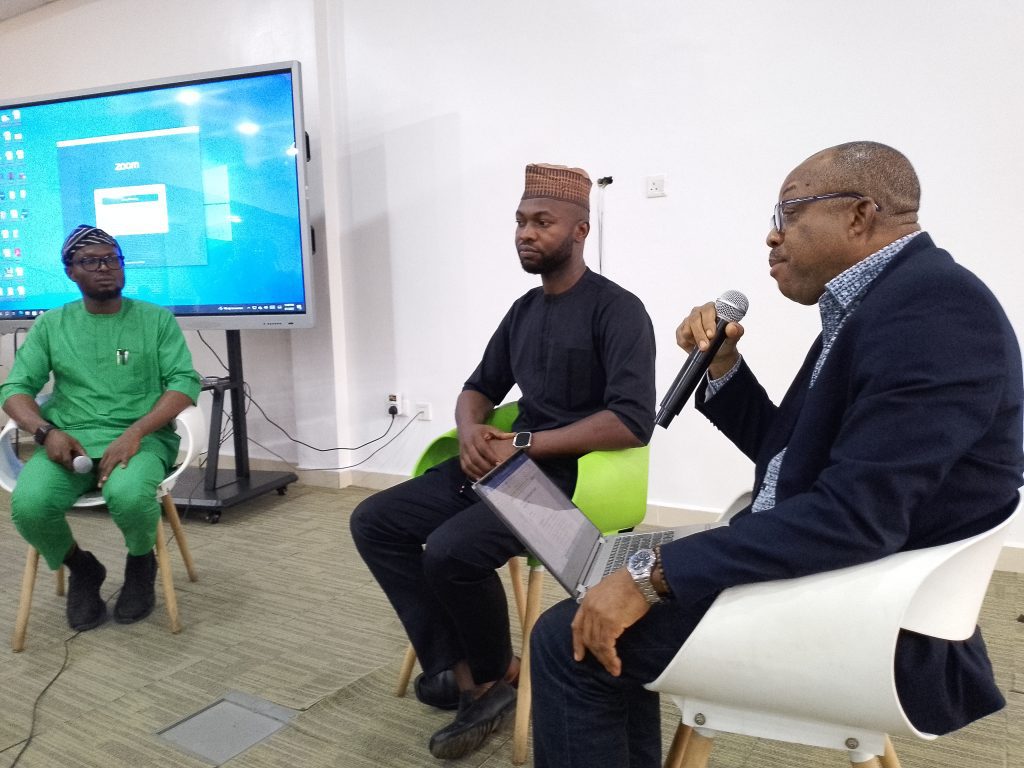Ahead of Intergovermental Negotiation Committee (INC) 3 event slated to hold later this year in Nairobi, Kenya, Federal Ministry of Environment in collaboration with Civil Groups such as GAIA Nigeria which is a coalition of various CSOs in the country such as CFEW, CODAF, GKF, Policy Alert amongst others, called for a ban on single-use plastic and for the implementation of a Zero-waste policy in the country.
The one-day- stakeholder engagement workshop tagged ‘ Nigeria Plastic Treaty Post INC-2 debriefing” held in the Country’s capital Abuja, had the Federal Ministry of Environment, People of the press, and other stakeholders in attendance.

Speaking at the event, the Executive Director, Centre for Earth Works (CFEW), Dotun Benson Fasanya decried the amount of plastics generated in the country on a daily basis. He further explained that recycling was not sufficient for solving the “plastic tsunami” building up in the country and condemned the practice of burning plastics as an option for managing plastic waste.
He called on the government to adopt true solutions to the plastic problem, such as reducing production and adopting the zero waste policy. He further called for the inclusion of waste pickers in the full implementation of the plastic treaty, just transition, and respect for human rights.
“This workshop would help furnish us with relevant information regarding the Global Plastic Treaty. It would also help us to speak unanimously with one voice regarding the formulation of legal framework for zero Plastic in Nigeria.” Fasanya said.

Other speakers at the workshop elucidated the negative effects of plastic waste on the environment and on human health amongst other critical issues.
Ahmed Tiamiyu from the Community Action Against Plastic Waste (CAPws) said microplastics had been found in the atmosphere and had gotten into people’s food and water, endangering their health. A global target for plastics production must be established, says Tiamiyu, “because we can’t manage what we are currently generating and we can’t recycle our way out of it.” He recommended that every country should set a target to produce the amount of plastics it can manage.
On his part, Mr. Weyinmi Okotie of GAIA Clean Energy Campaigner for Nigeria said there was a need to turn to plastic alternatives such as bottles and cans stressing that Cans were easier to recycle. He stressed the overwhelming plastic waste being generated in the country and fears that “if the volume of production is so much, it is going to overwhelm the system in Nigeria”.
By the end of event, all Stakeholders in attendance, agreed on working to synergize action plans toward implementing a zero-waste community in Nigeria.
